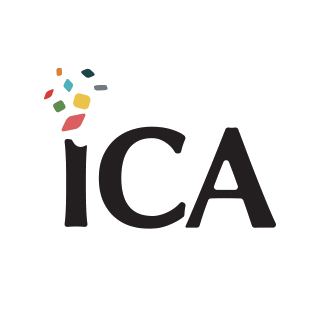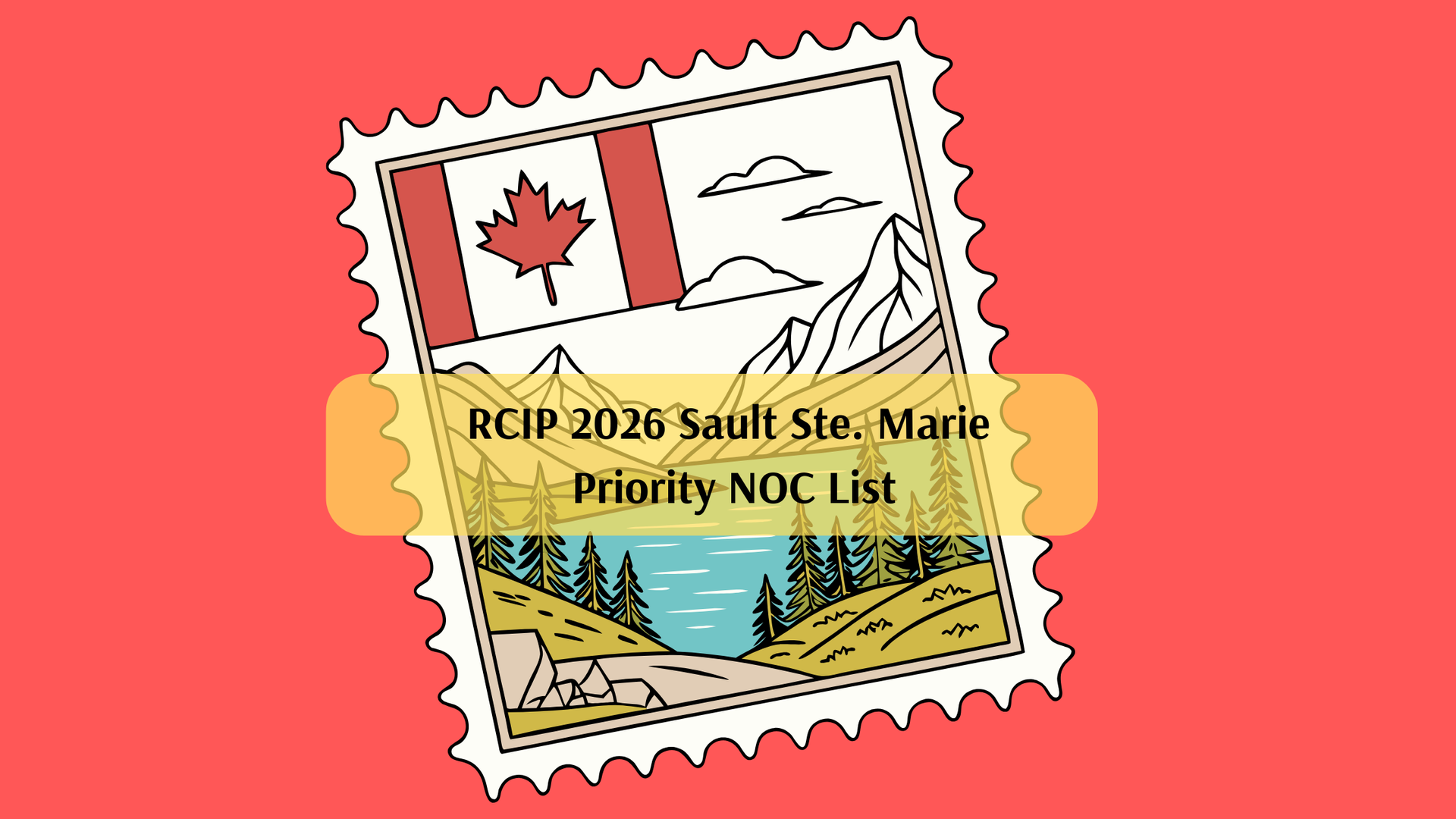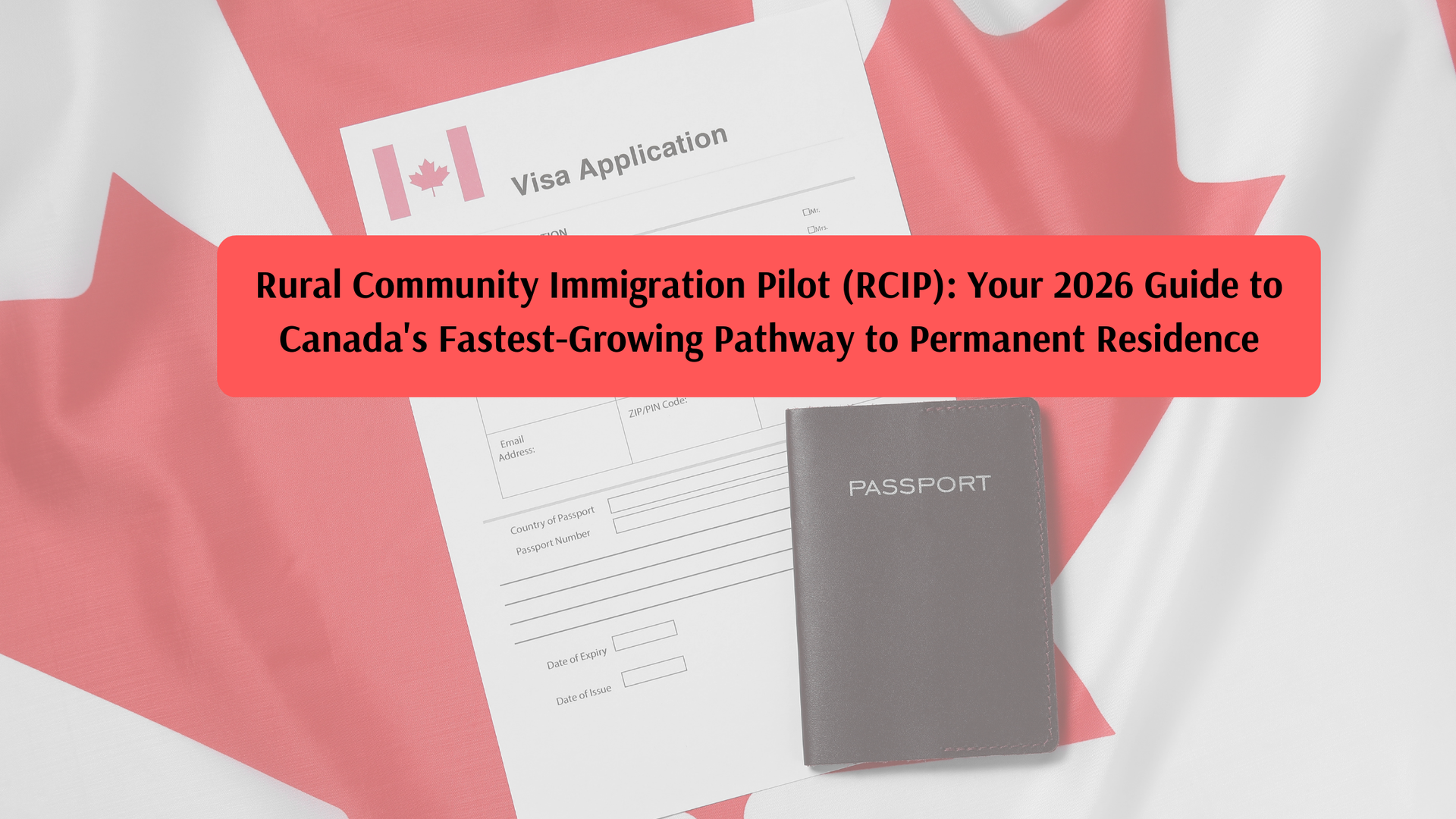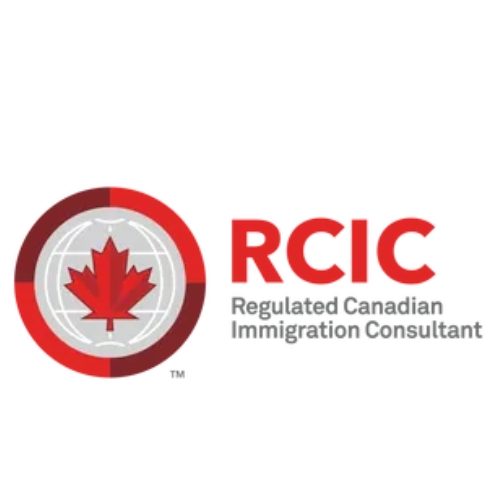Understanding The Major Changes to Open Work Permits for Family Members of Temporary Residents

Effective January 21, 2025, the Canadian government has introduced significant updates to the Open Work Permit (OWP) policies for family members of temporary residents. These changes aim to improve the alignment of work permit programs with labor market needs and Canadian priorities.
What Are Open Work Permits (OWPs)?
Open Work Permits allow individuals to work for any employer in Canada without needing a specific job offer or Labor Market Impact Assessment (LMIA).
Who Is Affected by These Changes?
Spouses of International Students
- Eligibility Criteria:
Spouses of international students can apply for an OWP only if the student is enrolled in one of the following: - Master’s degree programs lasting 16 months or longer.
- Doctoral (PhD) programs.
- Selected professional programs that meet specific government criteria (details forthcoming).
- Key Takeaway:
Not all international students’ spouses will qualify for an OWP anymore. Applicants must meet the above criteria to be eligible.
Spouses of Foreign Workers
- Eligibility Criteria:
Spouses can only apply for an OWP if the foreign worker is employed in: - TEER 0 or 1 jobs: These are high-skilled positions such as management roles or technical occupations.
- Certain TEER 2 or 3 jobs: These include professions linked to labor shortages or priority sectors like health care, education, natural sciences, construction, and more.
- Work Permit Validity:
The foreign worker’s permit must have at least 16 months remaining at the time of the spouse’s application. - Key Takeaway:
These restrictions aim to ensure that OWPs are granted where they support economic goals.
Dependent Children
- Children will no longer qualify for family OWPs under these new rules.
- Impact:
Families must explore other pathways for dependent children’s work eligibility.
Impact on Existing Open Work Permits
- Permits Already Issued:
OWPs issued before these changes remain valid until their expiration date. - Renewal for In-Canada Family Members:
Family members in Canada can renew their OWPs if: - They meet the criteria under which the permit was originally granted.
- The duration of renewal aligns with the principal applicant’s study or work permit.
Exceptions to the New Rules
Certain groups remain unaffected by these changes:
- Spouses of workers covered by free trade agreements.
- Families of individuals transitioning to permanent residency.
- Specific cases involving exemptions outlined by Immigration, Refugees and Citizenship Canada (IRCC).
Alternative Work Permit Options
For those who no longer qualify under the updated OWP rules, Canada offers various other work permit options:
- Employer-specific work permits.
- Permits under Global Talent Stream or other LMIA-exempt programs.
- Post-Graduation Work Permit (PGWP) for eligible international graduates.
Why These Changes Were Made
The Canadian government emphasizes that these changes are designed to:
- Strengthen the integrity of Canada’s immigration programs.
- Address labor market shortages more effectively.
- Support families while prioritizing the country’s economic goals.
Steps to Apply for or Renew Open Work Permits
- Check Eligibility:
Ensure you meet the updated criteria based on your relationship to the primary permit holder. - Prepare Documents:
Gather necessary documents, including proof of relationship, work/study permits, and employment information for the principal applicant. - Submit Online Application:
Applications can be submitted through the IRCC portal. Ensure all required fees are paid.
Frequently Asked Questions (FAQs)
- Can I still apply for an OWP if my spouse’s work permit has less than 16 months left?
Unfortunately, under the new rules, this is not possible. - Are these changes permanent?
These changes are effective from January 2025, and there’s no timeline yet for further amendments. - What sectors are included in TEER 2 or 3 eligibility?
Key sectors include health care, construction, education, and natural sciences.
Conclusion
These changes to Canada’s Open Work Permit rules significantly impact families of temporary residents. While the new policies aim to balance family support with labor market needs, families must adapt by understanding eligibility requirements and exploring alternative pathways if needed.
For tailored advice, contact iCA Immigration and Talent Services today.








